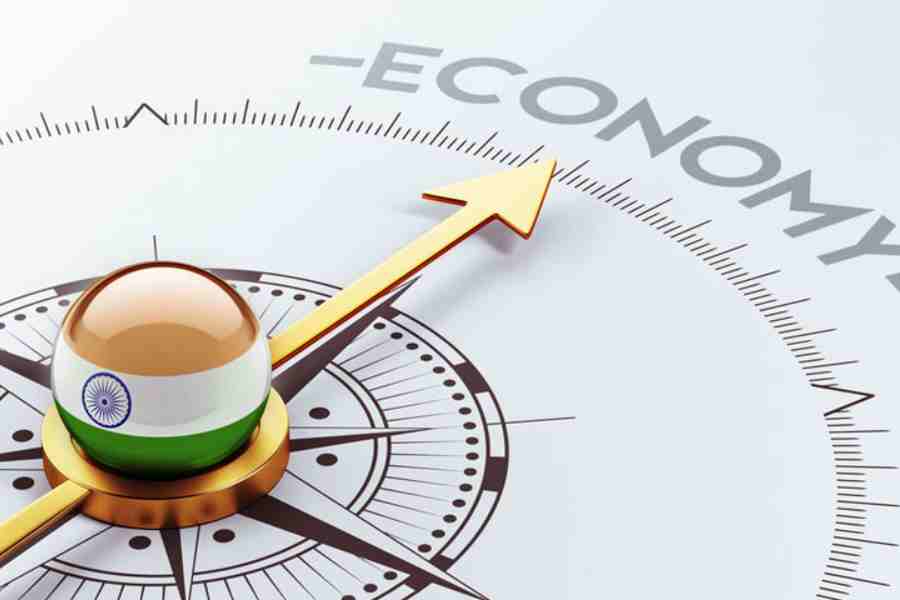India’s general election has reached its final phase. The immediate focus of the people and the pundits, quite understandably, is on the outcome of the election. But there is an urgent need to look further than that. No matter which party wins Delhi’s throne, the new government will be confronted with an unenviable problem — fixing the Indian economy. Narendra Modi’s government and its voluble admirers may argue that the economy is in the pink of health. Indeed, the bright spots should not be ignored. The growth rate is expected to be around 7%: the Reserve Bank of India’s annual report has endorsed this figure for the current fiscal. India is the fastest-growing large economy in the world with a stable currency, momentum in service exports, massive investments in public infrastructure and an unfolding digital revolution. But this is a partial picture. The other — darker — side of the economy must be brought to light. The two indisputable and interrelated blots on the economic performance of Mr Modi’s government have been unemployment and inequality. The India Employment Report 2024 by the International Labour Organization found that an astonishing 83% of India’s unemployed are its youth. The concomitant outcome of joblessness — the other economic challenge — is deepening inequality. A report by the World Inequality Lab stated that income inequality at present is at its highest since 1922. India’s Opposition did highlight these two issues in the course of its campaign but June 4, the day of the results, would show whether the Indian electorate has accorded importance to these challenges. The new government, however, must act on these.
The seeming contradiction in India’s economic performance — high growth accompanied by unemployment and inequality — merits deeper introspection. Is such a top-heavy template of growth sustainable? Why are India’s most vulnerable constituencies excluded from being stakeholders in this growth curve? Is there then a case for changing the methodology by which growth is analysed? These questions require impartial introspection by the powers that be. Denial and whataboutery, characteristic responses of Mr Modi’s regime to such queries, will not do.











